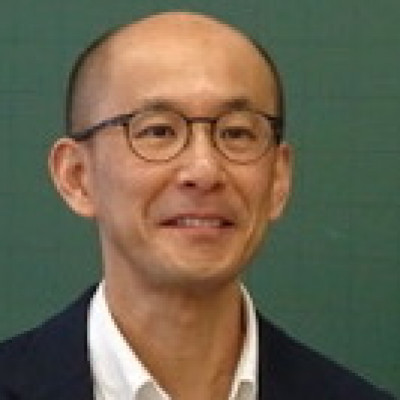Kingo Shiratori
Hokusei Gakuen University Junior College
Kingo Shiratori is an associate professor at Hokusei Gakuen University Junior College. He has had a career in English language education over the past thirty years. His current research interests centre in the field of language testing and assessment.

Sessions
The use of four-skills English exams for university entrance admission in Japan
This TEVAL SIG Forum will consist of three 20-minute presentations and a 30-minute open-floor discussion which will address the proposed adoption of four-skills tests for university admissions in Japan. The main purpose is to overview the selection and use of tests and the potential impact that their use will have on English education in Japan. Firstly, David Allen will briefly discuss why MEXT is recommending the use of external tests for admissions purposes and present various reactions to the proposal. He will describe key features of the recommended tests (i.e., Cambridge Assessment exams, EIKEN, GTEC, IELTS, TEAP and TOEFL) and discuss the main issues facing key test stakeholders (i.e., test takers, parents, teachers, university administrators) when determining which test(s) to adopt. Secondly, Kingo Shiratori will discuss the various factors involved in selecting four skills tests for university entrance purposes. By referring to his recent study (Shiratori, 2019), which investigated the use of the Cambridge Preliminary B1 exam at his own institution, he will illustrate how researchers and other stakeholders can evaluate the appropriateness of using specific tests in specific contexts. Thirdly, Tatsuro Tahara will discuss future research directions into the engineering of washback from test use in the Japanese context with reference to contemporary washback theories. He will focus specifically on two specific aspects of Japanese education that have been under-researched yet are likely to play an important role in test washback in this context: shadow education (i.e., juku and yobiko) and Japanese test culture.